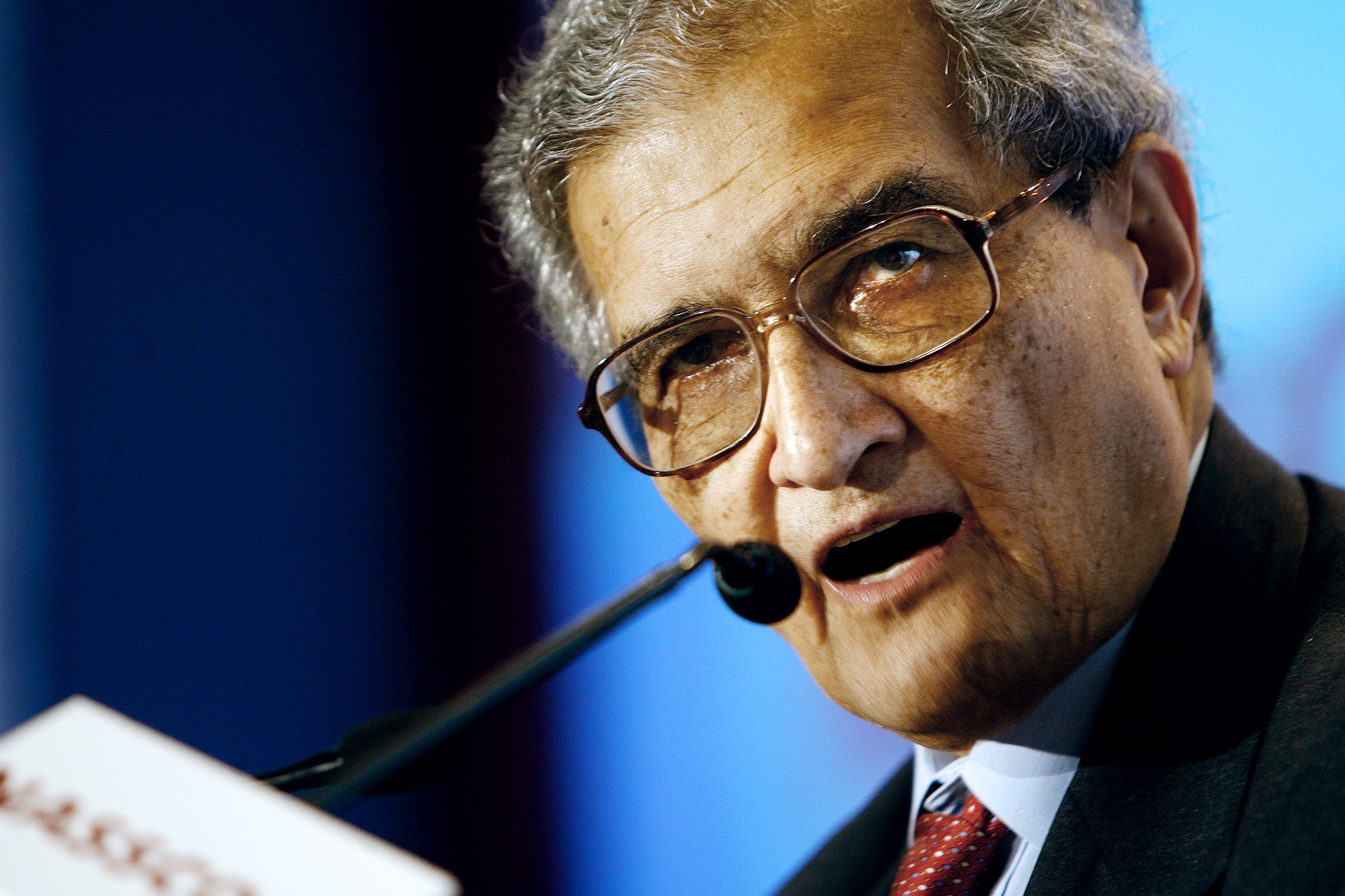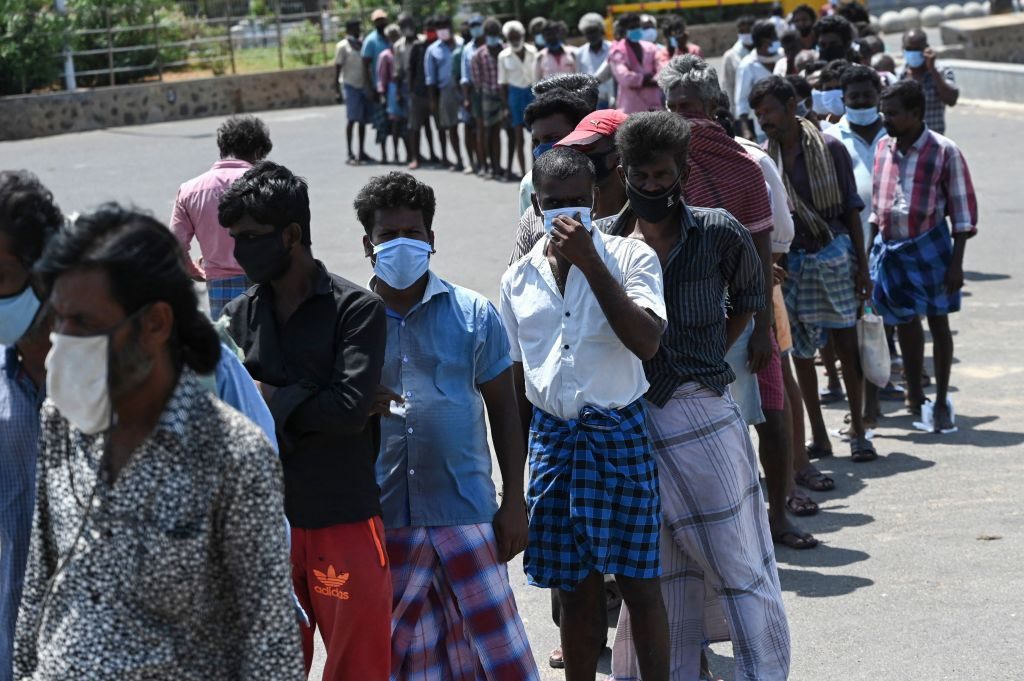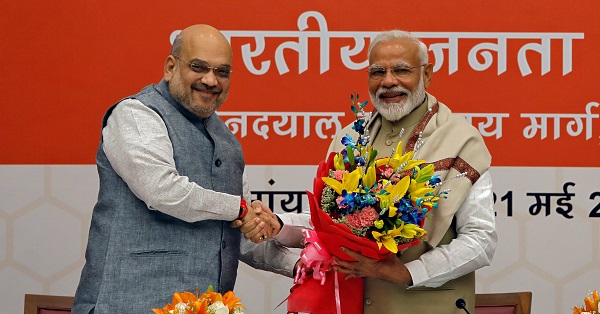- Thursday, June 05, 2025

By: Shubham Ghosh
Shubham Ghosh
NOBEL laureate Amartya Sen is known for not mincing words when it comes to India’s Narendra Modi government. The renowned economist has been vocal against various measures that the current government has taken in its seven-year duration so far – in the political or economic sphere. He now has blasted the Modi administration saying its schizophrenia saw the Covid-19 pandemic ravaging the country.
Sen, who is a professor of economics and philosophy at Harvard University, spoke on Friday, June 4, at a virtual event held by the Rashtra Seva Dal where he said that India had an advantage in handling the ongoing pandemic owing to its manufacturing capacity in the pharma industry and better immunity levels. But it eventually could not make it count, according to Sen who felt the “confused” government in New Delhi was busy seeking credit for its actions than working to restrict the pandemic’s spread. “The government seemed much keener on ensuring credit for what it was doing rather than ensuring that pandemics do not spread in India. The result was a certain amount of schizophrenia,” he said.

India, which is the second-worst affected country in the world after the US with more than 28 million positive cases and the third-worst death toll of over 344,000, has witnessed a particularly devastating second wave of the pandemic. Cases increased exponentially in this phase and things got worse with inadequate supply of oxygen cylinders and vaccines. The Modi government came under the scanner for declaring victory over the pandemic, which experts claimed came far too early.
“The government seemed much keener on ensuring credit for what it was doing rather than ensuring that pandemics do not spread in India. The result was a certain amount of schizophrenia,” Sen said.
Amartya Sen cites Adam Smith’s writings
The scholar also cited writings by 18th century economist Adam Smith who argued that if one does good things, he does get credit for it. The credit then serves as an indicator of how well one is doing. He then said: “But to seek the credit, and not the good work that generates the credit shows a level of intellectual naivete which has to be avoided. India tried to do that.”
“It (government) was trying to generate the credit boasting across the world that India will save the world perhaps. And at the same time, allowing the problem to develop and have a grip over the lives of Indians across the country,” he added.

Sen, who got the Nobel Prize in economics in 1998, said India was already plagued by social inequities, slow growth and record unemployment and those challenges became worse during the pandemic. “A failure of economy and failure of social cohesion was the basis of the failure of the pandemic attack as well,” he said.
Sen, who said that “limitations on education led to difficulties in assessing early symptoms and treatment protocols”, advised a “big constructive change” in healthcare and education sectors and economic and social policies at large.
Rajmohan Gandhi, the grandson of Mahatma Gandhi, was the other speaker at the virtual event.